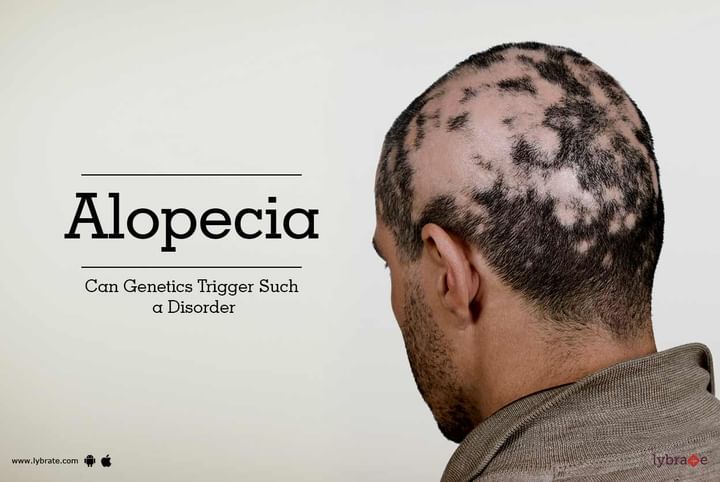Alopecia - Can Genetics Trigger Such a Disorder
Alopecia is a medical term used for baldness. There are different sorts of alopecia, including alopecia areata. Alopecia areata is a condition that causes a person’s hair to fall out in patches. It is an autoimmune disease where the person’s own immune system attacks his body, the hair follicles in this case. When this happens, the individual's hair starts to fall out, usually in patches. The degree of hair loss varies from person to person.
Rarely, the person loses all the hair on his or her head (alopecia areata totalis) or whole body (alopecia areata universalis). The person’s genetics may trigger the autoimmune response of alopecia areata, alongside other unknown triggers. For a few people, hair becomes back yet drops out again later. Some people’s hair does grow back. Every case is exceptional. The condition usually occurs when white platelets attack the cells in the hair follicles, making them shrink.
While researchers are uncertain why these changes take place, it appears that hereditary traits are included, as alopecia areata will probably happen in a person who has a relative with the same illness. One in five individuals with the infection have a relative who has also developed alopecia areata. It is also believed that it mostly occurs in people with a family history of other autoimmune diseases such as arthritis or type 1 diabetes.
Alopecia areata cannot be cured but it can be managed in terms of symptoms and hair can grow back. By and large, alopecia areata is treated with medications that are used for different conditions. Treatment choices for alopecia areata include:
- Corticosteroids: These are anti-inflammatory medications that are recommended for immune system illnesses. Corticosteroids can be given in the form of an injection into the scalp or different areas, orally (as a pill), or applied as a balm or a cream.
- Topical immunotherapy: This kind of treatment might be used if the baldness or hair loss recurs. The irritation that the medicines cause may cause hair regrowth.
- Rogaine (minoxidil): This topical medication is now used as a treatment for hair loss. It for the most part takes around 12 weeks of treatment with Rogaine before hair starts to grow back.
A few people with alopecia areata use alternative therapy to treat their condition. These may include:
- Aromatherapy
- Acupuncture
- Herbal supplements
- Vitamins
- Wearing covers (wigs, caps, or scarves) to shield the head.
- A number of people with new-onset alopecia areata have had stress in life, for example, work, family, deaths, surgeries and accidents. Nonetheless, this has not been proven as a cause scientifically.
- Applying sunscreen to shield uncovered areas or patches from sunburns.
- Wearing shades to shield the eyes from the sun if the eyelashes have dropped out.



+1.svg)
